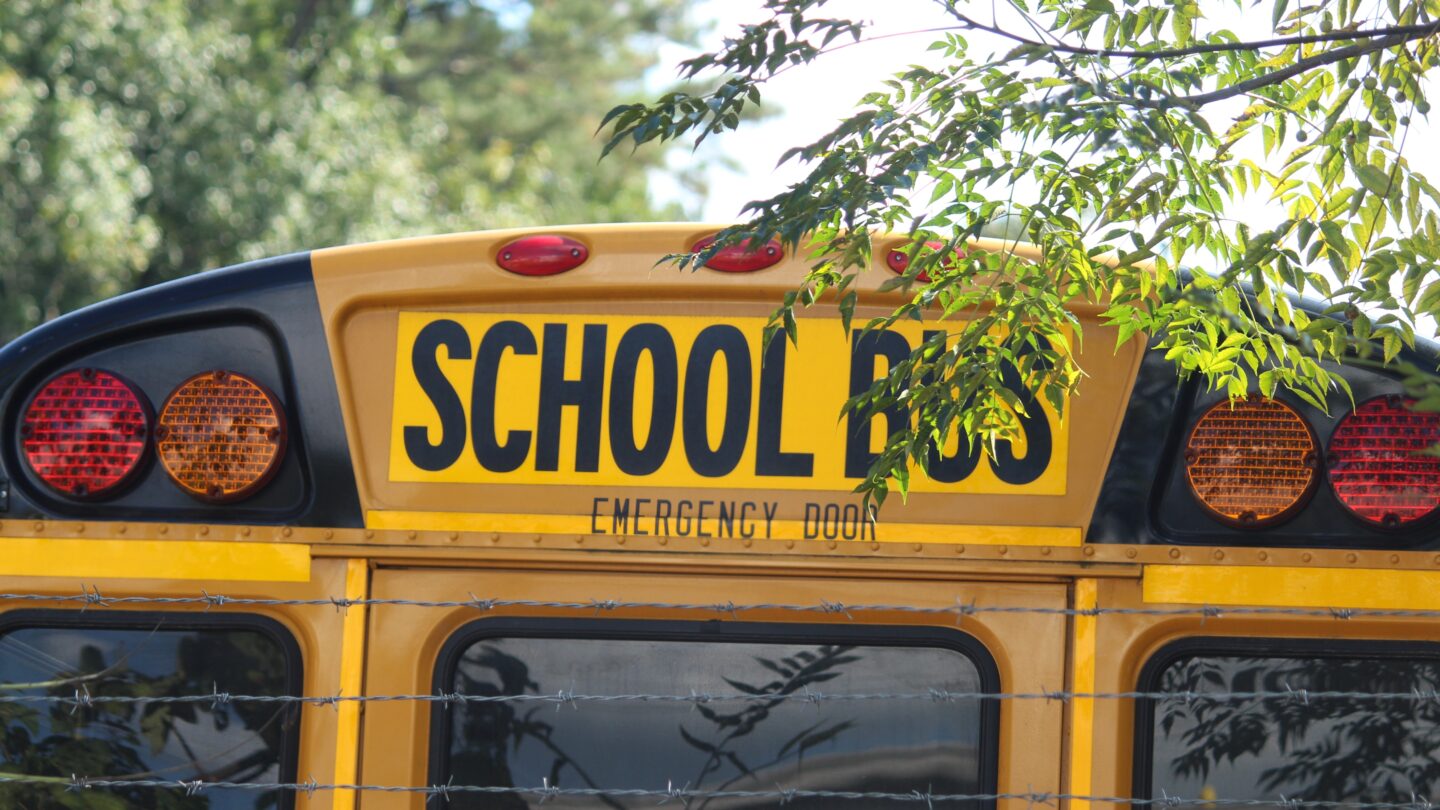The bipartisan federal infrastructure bill under consideration in the U.S. House could mean billions of dollars for electric school buses. A sizeable federal investment is likely the only way districts in Georgia could afford them.
“This is significant not only for the health of our children riding the buses, but also for de-carbonizing the entire U.S. transportation sector,” said Anne Blair with the advocacy group the Electrification Coalition. She was speaking during a virtual roundtable on electrifying school buses.
Cost is definitely a factor, though. Electric school buses run upwards of $400,000, about four times the cost of a diesel-powered bus.
“While there are savings across the lifespan of the bus, the higher upfront cost can really be a deterrent,” said Blair.
State Rep. Teri Anulewicz says districts in Georgia — already strapped for cash — will need help making the transition.
“We have had districts who have purchased an electric school bus here and there, they might have one or two in a fleet,” she said.
But to make a real difference, she says, it’s imperative for Congress step in and help defray the cost.
“If you have this grant coming in, that’s a total game-changer for how we bring electric school buses online in Georgia,” said Anulewicz.
Anulewicz says she’s impressed federal dollars include money to build up electric vehicle infrastructure such as charging stations and personnel training.
The EPA is using $17 million from the American Rescue Plan funds to offer rebates toward the purchase of electric school buses.
Meanwhile, the infrastructure bill passed with bipartisan support in the U.S. Senate but has since been held up in the House. It invests $5 billion for zero-emission buses.
But that represents only a fraction of what some lawmakers in Washington D.C. want to spend to take even more diesel-powered school buses off the road. U.S. Sens. Raphael Warnock and Jon Ossoff of Georgia co-sponsored the Clean Commute for Kids Act of 2021.
“When you breathe in diesel exhaust, it goes everywhere in your body and affects every organ,” said Dr. Anne Mellinger-Birdsong with the group Mothers & Others for Clean Air. “Ozone has been shown to be as bad for people with emphysema as smoking a pack a day of cigarettes. So anything we can do to clean up the air will vastly improve everybody’s health and prevent suffering.”
Expanding the number of electric school buses could also have a large impact on communities of color and low-income Georgians.
“Lots of times they may live near a large pollution source or they live near busy roads — all of those things contribute to greater exposure to air pollution,” said June Deen with the American Lung Association. “And consider that they’re on a school bus twice a day, and so that’s repeated exposure over a long period of time, so that can make a big difference.”
Federal spending on electric school buses could also provide an economic boost in rural Georgia. Blue Bird has produced school buses in Fort Valley for nearly a century, and has been manufacturing electric buses since 2018.









